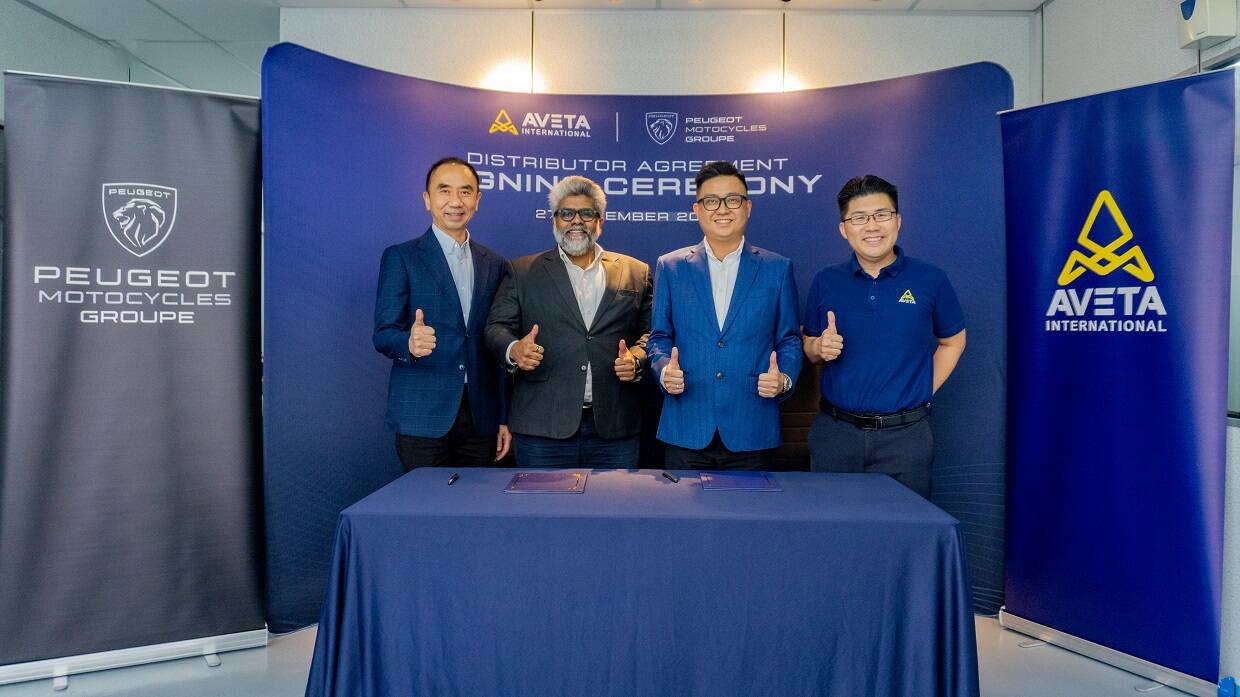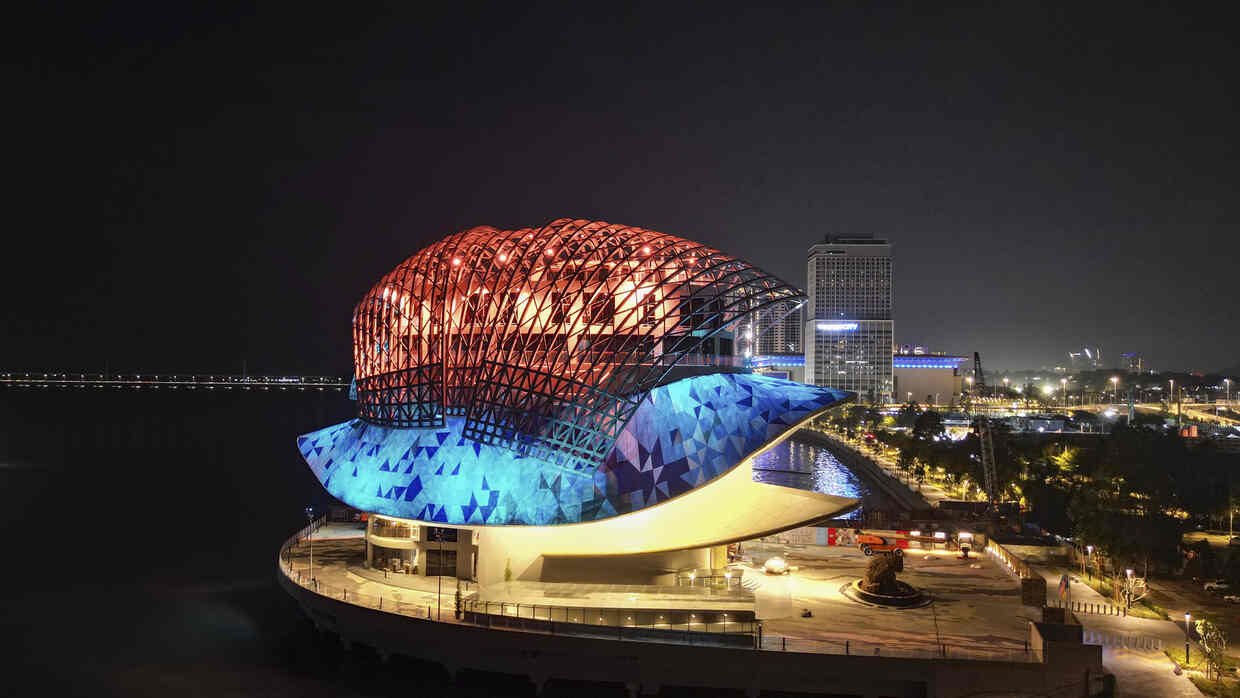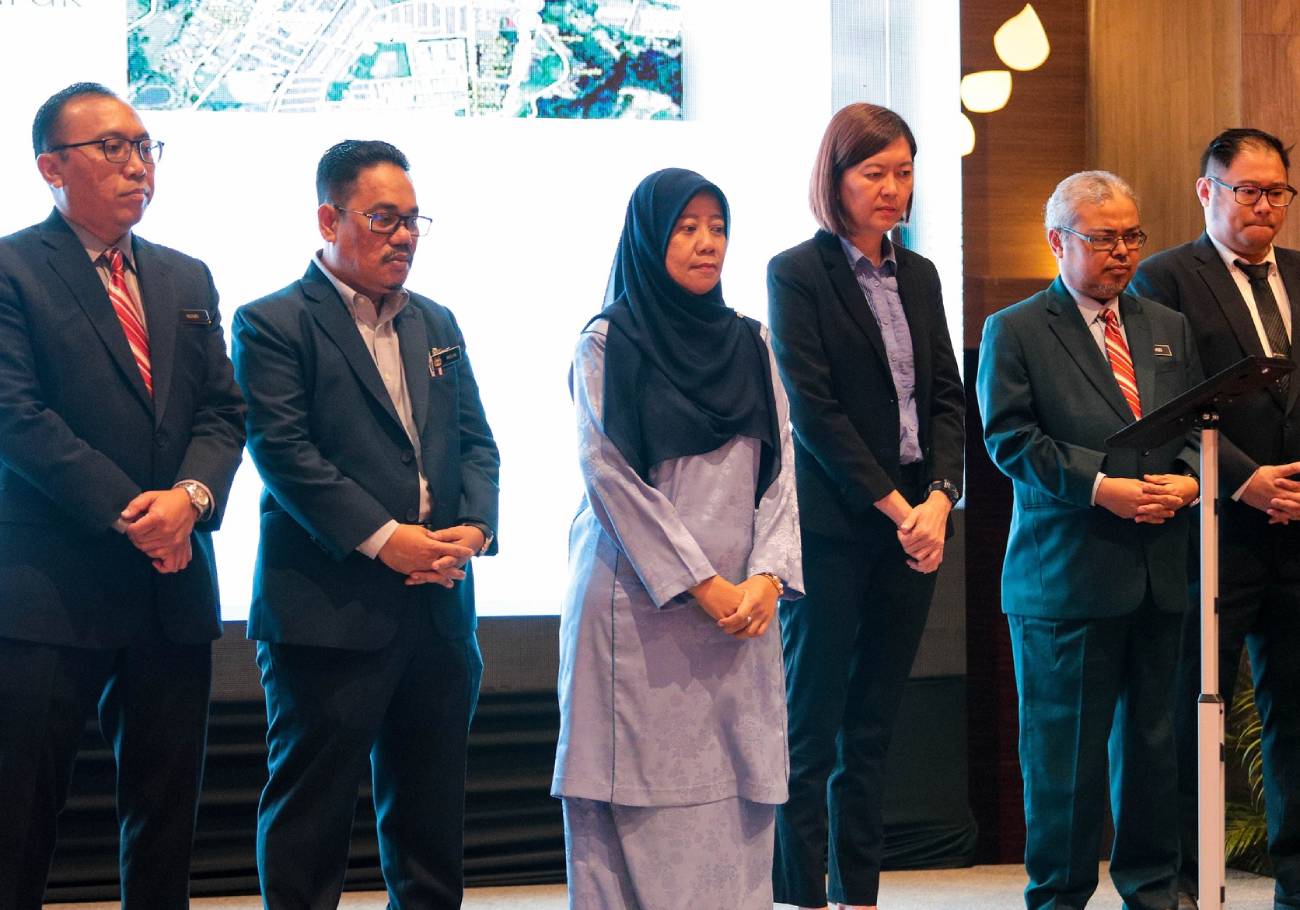
The Perak government, through the Ipoh City Council (MBI), has launched the Traffic and Infrastructure Management Master Plan 2023-2033 to address the growing traffic congestion issues in Ipoh City.
State Housing and Local Government Committee Chairman Sandrea Ng Shy Ching highlighted the need for an efficient traffic management system due to the rapid increase in vehicles in Ipoh.
Data-driven plan targets six key zones
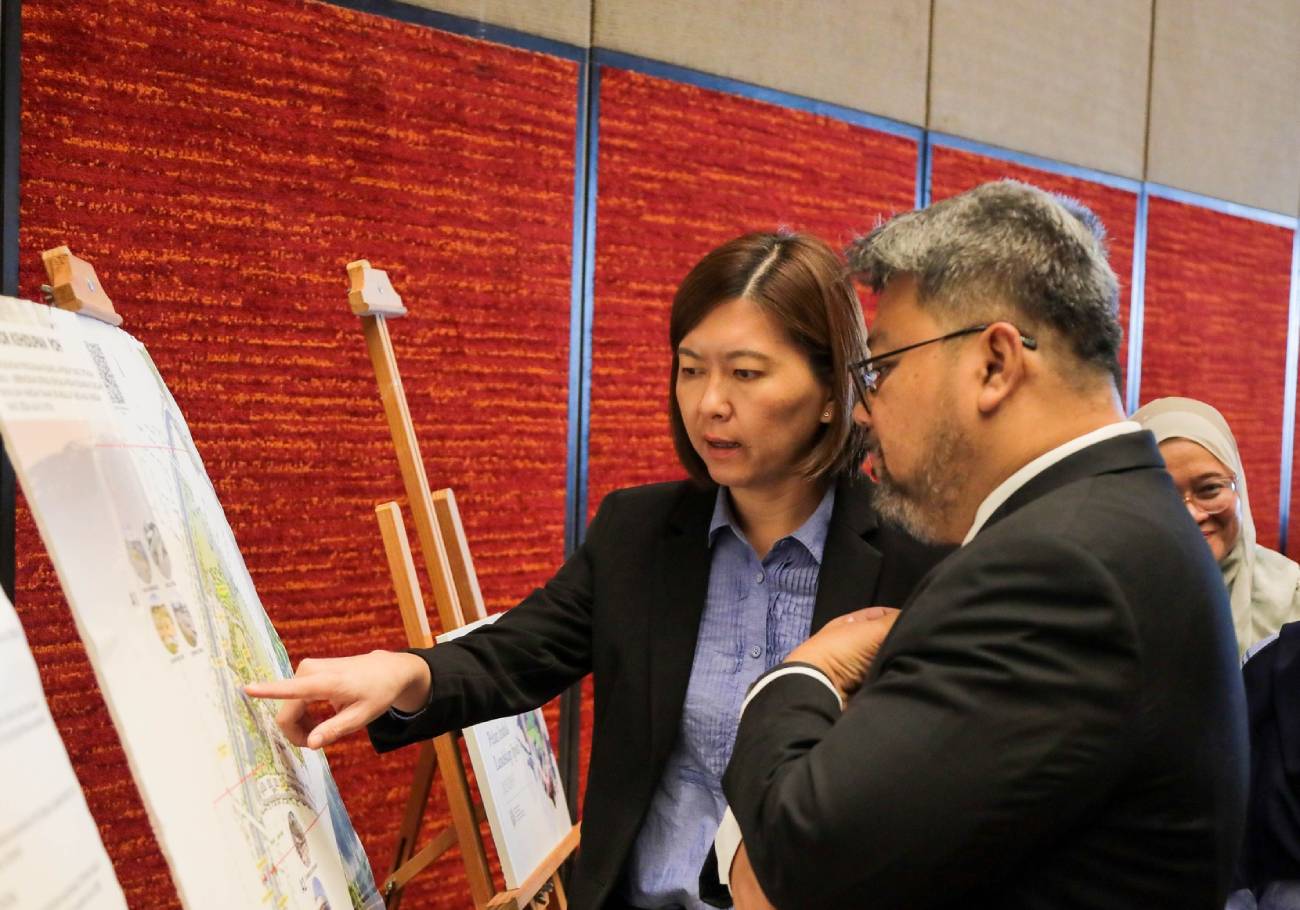
The plan, unveiled at the Ipoh Convention Centre (ICC), zeroes in on specific zones crucial for traffic management.
The plan focuses on six specific zones:
- Jalan Sultan Azlan Shah (Zone A)
- Jalan Raja Dihilir (Zone B)
- Jalan Sultan Nazrin Shah (Zone C)
- Jalan Panglima Bukit Gantang Wahab (Zone D)
- Jalan Raja Musa Aziz/Jalan Raja Ashman Shah (Zone E)
- Jalan Sultan Iskandar Shah/Ipoh Old Town Area (Zone E)
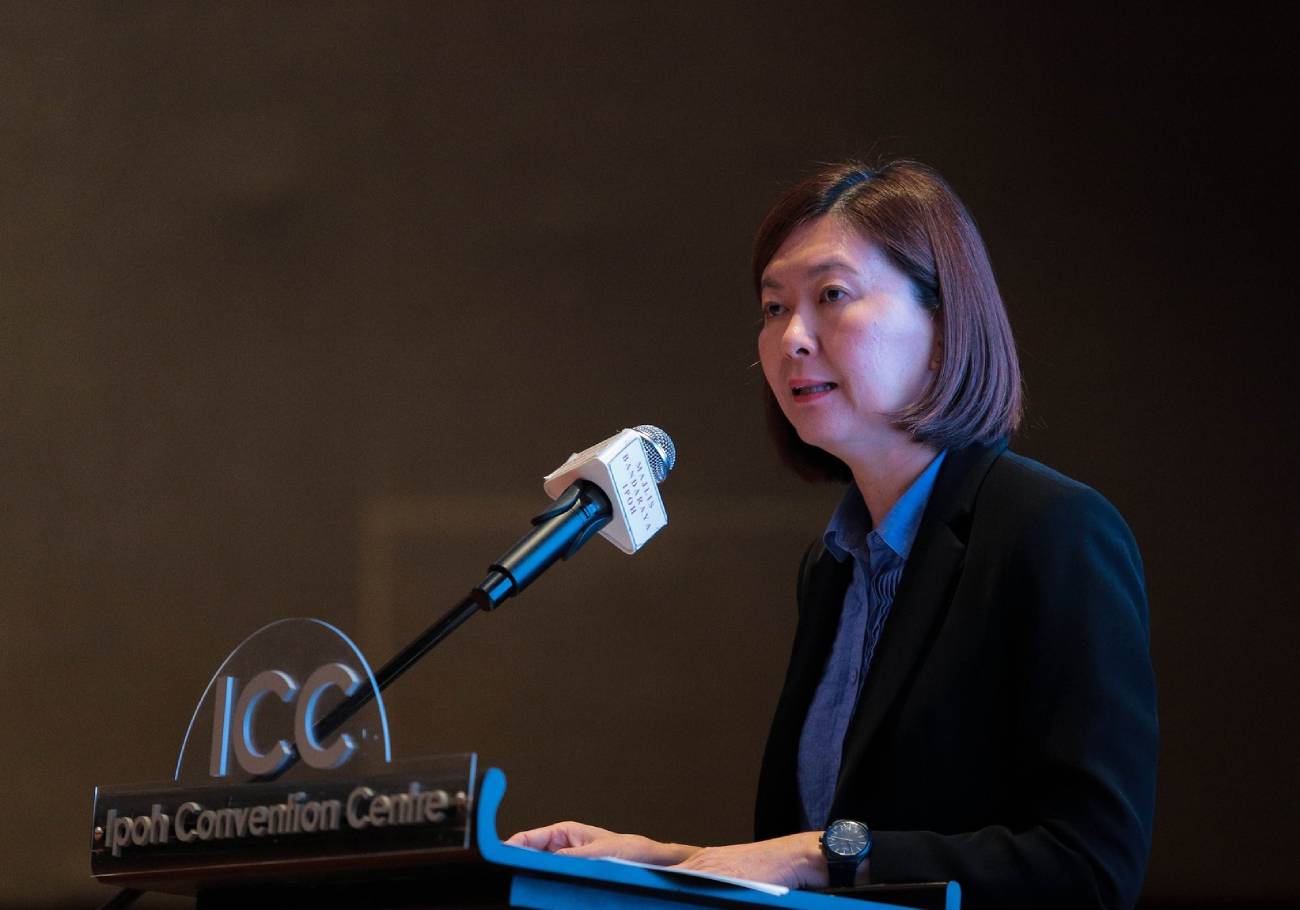
Ng emphasized the use of comprehensive data analysis to inform the plan.
Microscopic and macroscopic studies, along with written reports and 3D simulation models, were employed to realistically assess potential improvements.
“For example, the effectiveness of traffic on Jalan Tambun demonstrates the success of a data-driven approach,” Ng explained.
Changing the signal lights to a single-direction lane with a U-turn at another location has significantly reduced congestion.”
Ipoh thinks beyond traffic flow
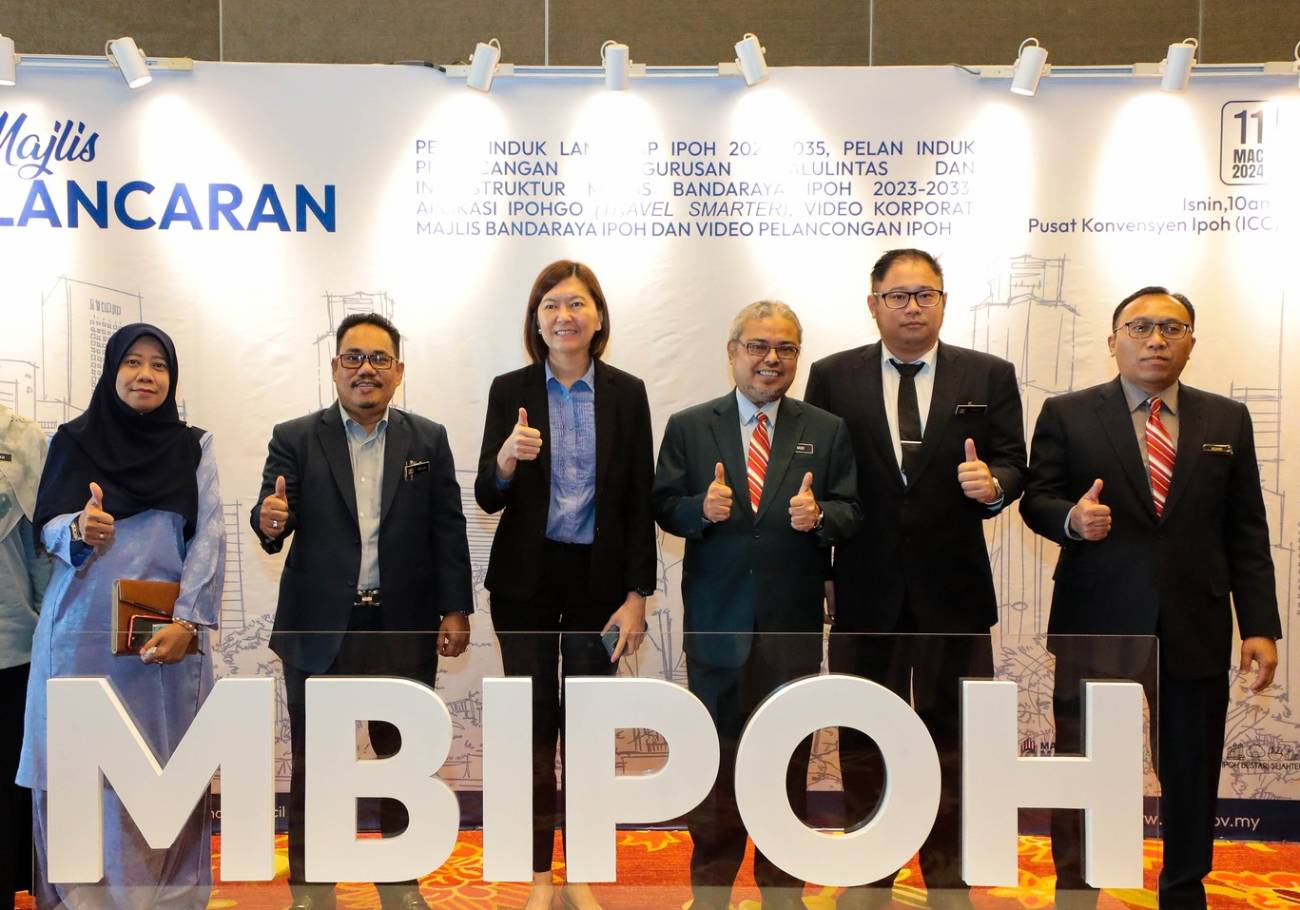
Detailed studies, incorporating both microscopic and macroscopic analyses, along with three-dimensional simulation model reports, were conducted to evaluate potential enhancements realistically.
The plan goes beyond just traffic flow. It also incorporates:
- Pedestrian and bicycle lanes: These lanes, designated as “green lanes,” prioritize the safety and accessibility of non-motorized transportation.
- Improved parking management: The plan proposes solutions for urban parking needs to address parking challenges and improve circulation.
- Enhanced public transportation: The study considers improvements to public transportation options, with a focus on user-friendliness and integration with land use planning.
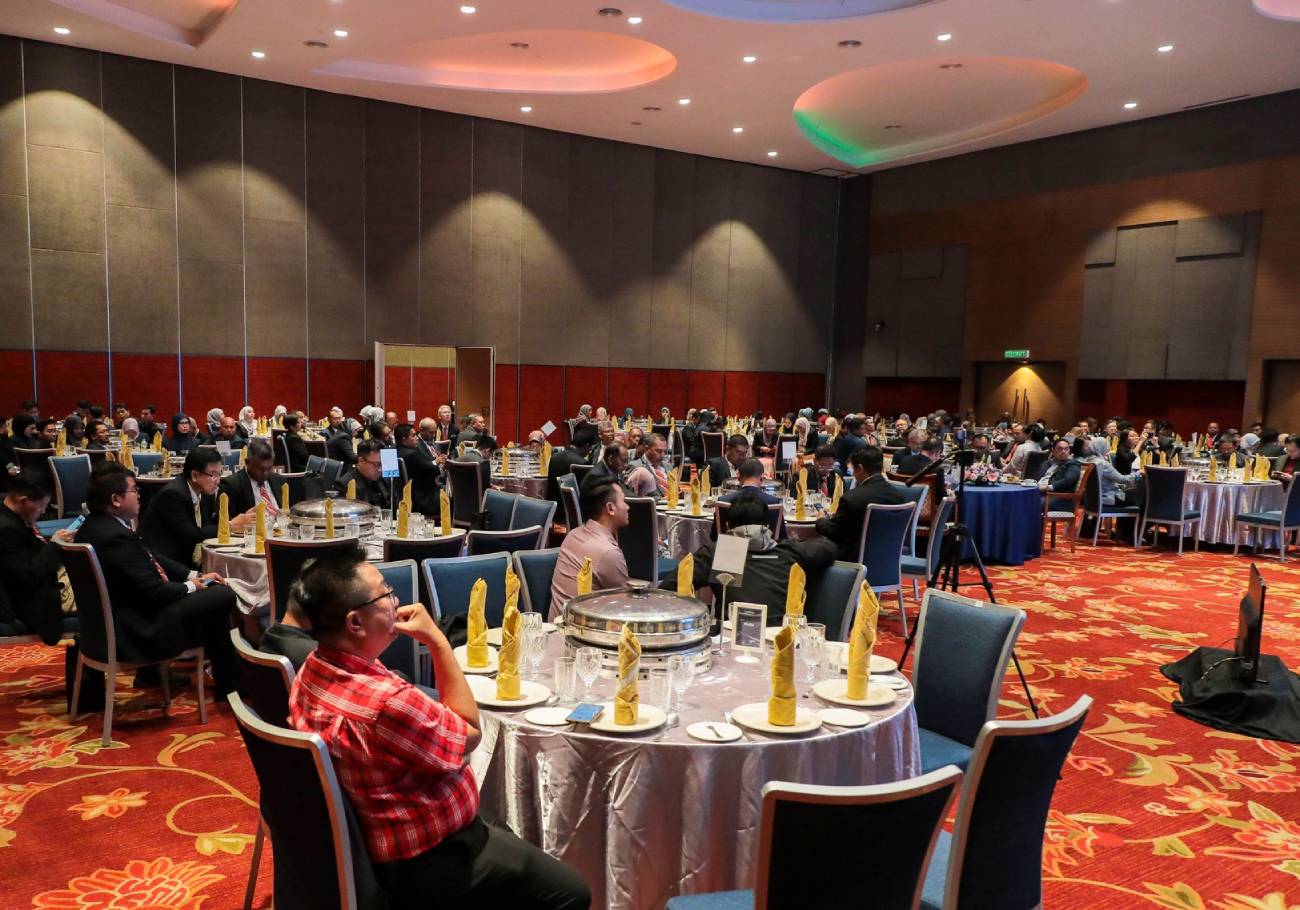
Ng also expressed the state government’s willingness to collaborate with the Housing and Local Government Ministry (KPKT) regarding the Solid Waste and Public Cleansing Act 2007 (Act 672).
This act aims to improve the efficiency, sustainability, and effectiveness of solid waste management and public cleansing practices nationwide.
The launch of the Traffic and Infrastructure Management Master Plan demonstrates Ipoh’s commitment to tackling traffic congestion and creating a more sustainable and user-friendly transportation system for residents and visitors alike.
The plan’s data-driven approach and focus on multi-modal transportation options position Ipoh to achieve its goals for a smoother-flowing and more accessible city.






